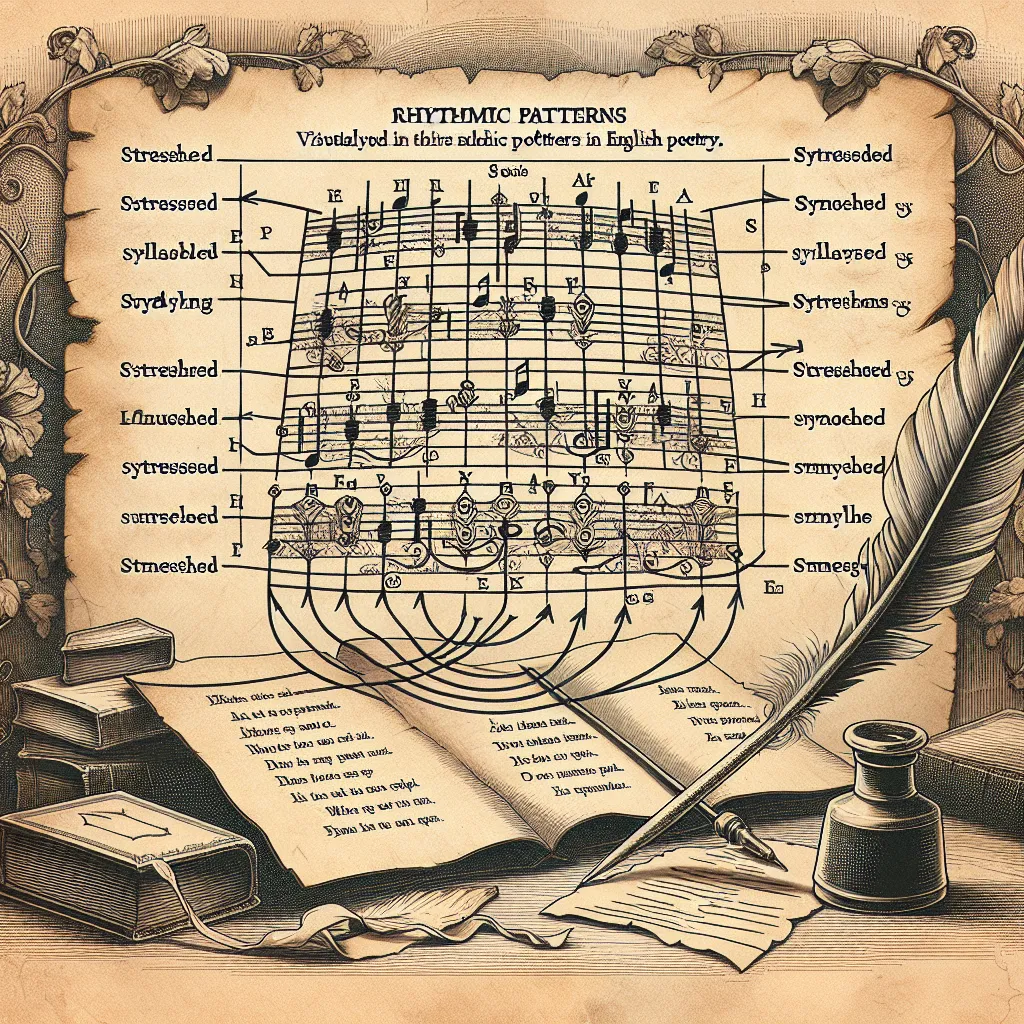Have you ever wondered how to make your English sound more natural and native-like? You’re not alone. Many language learners struggle with pronunciation, but with the right techniques and practice, you can significantly improve your spoken English. This guide will walk you through practical steps to help you pronounce English words naturally.
Understanding the Importance of Natural Pronunciation
Before diving into specific techniques, it’s crucial to understand why natural pronunciation matters. Speaking English with clear and accurate pronunciation not only helps you be better understood but also boosts your confidence in communication. It can make a significant difference in both personal and professional settings.
 Importance of Natural Pronunciation
Importance of Natural Pronunciation
The Basics of English Pronunciation
English pronunciation can be challenging due to its irregularities. However, mastering a few key concepts can make a world of difference:
- Phonemes: These are the individual sounds that make up words. English has 44 phonemes, including vowels and consonants.
- Stress: In English, certain syllables in words are emphasized more than others.
- Intonation: This refers to the rise and fall of your voice in a sentence.
- Rhythm: English is a stress-timed language, meaning stressed syllables occur at regular intervals.
Effective Methods for Improving Pronunciation
Now that we’ve covered the basics, let’s explore some effective methods to enhance your pronunciation:
-
Listen and Repeat: One of the most fundamental techniques is to listen to native speakers and repeat what they say. This helps you internalize the correct sounds and rhythms of English.
-
Use a Mirror: Practicing in front of a mirror allows you to see how your mouth moves when pronouncing different sounds. This visual feedback can be incredibly helpful.
-
Record Yourself: Recording your speech and comparing it to native speakers can help you identify areas for improvement.
-
Focus on Minimal Pairs: Practice words that differ by only one sound, such as “ship” and “sheep”. This helps train your ear and mouth to distinguish and produce similar sounds accurately.
-
Learn the International Phonetic Alphabet (IPA): Understanding IPA symbols can help you pronounce new words correctly by looking them up in a dictionary.
For more in-depth strategies on improving your pronunciation accuracy, check out our article on tips for improving English pronunciation accuracy.
Quick Tips for Natural Pronunciation
Here are some quick tips to help you sound more natural when speaking English:
-
Relax Your Mouth: Tension can affect your pronunciation. Practice speaking with a relaxed jaw and lips.
-
Pay Attention to Word Stress: In English, we stress certain syllables in words. For example, in “photograph”, the stress is on the first syllable.
-
Link Words Together: Native speakers often connect words in a sentence. Practice saying phrases like “turn it off” as “tur-ni-toff”.
-
Use Contractions: Instead of saying “I am”, use “I’m”. This sounds more natural in everyday speech.
-
Imitate Native Speakers: Try to mimic the intonation and rhythm of native speakers you hear in movies, podcasts, or TV shows.
For more advanced techniques on mastering the nuances of English pronunciation, visit our guide on how to master the nuances of English pronunciation.
Common Pronunciation Mistakes and How to Avoid Them
Even advanced learners can struggle with certain aspects of English pronunciation. Here are some common mistakes and how to correct them:
-
Th Sound: Many non-native speakers struggle with the “th” sound. Practice placing your tongue between your teeth and blowing air out.
-
Silent Letters: Words like “knife” and “psychology” have silent letters. Be aware of these when pronouncing words.
-
Vowel Length: In English, some vowels are longer than others. For example, the “ee” in “sheep” is longer than the “i” in “ship”.
-
Word Endings: Don’t forget to pronounce the ends of words clearly, especially -ed and -s endings.
-
Schwa Sound: This is the most common vowel sound in English. It’s the “uh” sound in words like “about” and “pencil”.
Phonemic Chart and Commonly Mispronounced Words
Understanding the phonemic chart can significantly improve your pronunciation. Here’s a simplified version:
 English Phonemic Chart
English Phonemic Chart
Now, let’s look at 10 commonly mispronounced words related to everyday conversation:
- Comfortable – /ˈkʌmf(ə)təb(ə)l/ (not com-for-ta-ble)
- Clothes – /kləʊðz/ (not close)
- Pronunciation – /prəˌnʌnsɪˈeɪʃ(ə)n/ (not pro-noun-ci-a-tion)
- Vegetable – /ˈvedʒtəb(ə)l/ (not ve-ge-ta-ble)
- Salmon – /ˈsæmən/ (the ‘l’ is silent)
- Sixth – /sɪksθ/ (not sikth)
- Determine – /dɪˈtɜːmɪn/ (not de-ter-mine)
- Recipe – /ˈresəpi/ (not re-cipe)
- Wednesday – /ˈwenzdeɪ/ (not wed-nes-day)
- Worcestershire – /ˈwʊstəʃə(r)/ (woos-ter-sher)
Practice these words regularly to improve your everyday conversation skills.
Conclusion
Improving your English pronunciation is a journey that requires patience and consistent practice. By focusing on the techniques and tips outlined in this guide, you can make significant strides in pronouncing English words naturally. Remember, the key is regular practice and exposure to native English speech.
For additional resources, consider exploring our article on how to practice English pronunciation with technology, which offers innovative ways to enhance your pronunciation skills using modern tools and apps.
Keep practicing, stay motivated, and soon you’ll notice a remarkable improvement in your English pronunciation. Don’t hesitate to share your experiences or ask questions in the comments below!




